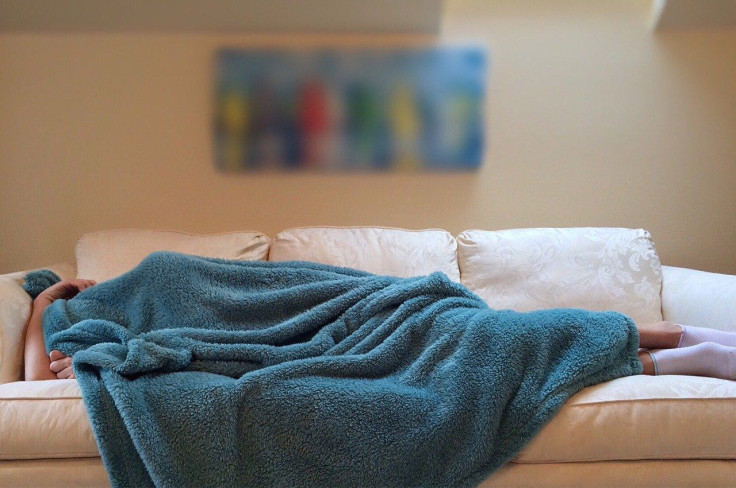Sleep Doesn't Benefit Or Impact Eyewitness Accuracy, Study Finds
Research has shown that sleep improves and strengthens memory. However, there is little research when it comes to the effects of sleep on eyewitness memory, which is particularly relevant when an eyewitness to a crime has to pick out a perpetrator from a line-up.
As such, researchers of a new study published in the Royal Society Open Science sought to find how sleep may affect the accuracy of eyewitness memory by conducting a large-scale online experiment.
For the study, the researchers gathered 4,000 participants, 2,000 of whom watched a video of a mock crime, then, either slept or stayed awake before being tested 12 hours after. The other 2,000, on the other hand, were control subjects, who were tested about the “crime” five minutes after watching the video.
Interestingly, the researchers found that while those in the control group were better able to determine the innocent from the guilty, all the groups were just as reliable regardless of whether they were tested immediately after or 12 hours after witnessing the supposed crime.
In fact, the researchers note that while they were expecting the group that slept to perform better, they found no difference between the performances of the sleep and awake group.
“There are two major implications from our research: sleep does not benefit eyewitness identification, nor does it impact reliability,” senior and corresponding author Professor Laura Mickes said. “The fact that reliability is not impacted by various factors — sleep vs. wake; short vs. long retention intervals — is in line with a growing body of evidence that eyewitness reliability holds across a host of factors.”
The researchers found, however, that a witness’s confidence affects his or her accuracy, as those who identified a suspect with high confidence were likelier to be accurate, while those who identified a suspect with low confidence were less likely to be accurate. Simply put, when the witness’s confidence in his or her memory is high, the accuracy is also high.
As such, the researchers recommend police officers to collect “expressions of confidence” during the initial identification since these are evidently predictive of the witness's accuracy, regardless of whether they slept or not after witnessing the event.

© Copyright IBTimes 2024. All rights reserved.






















